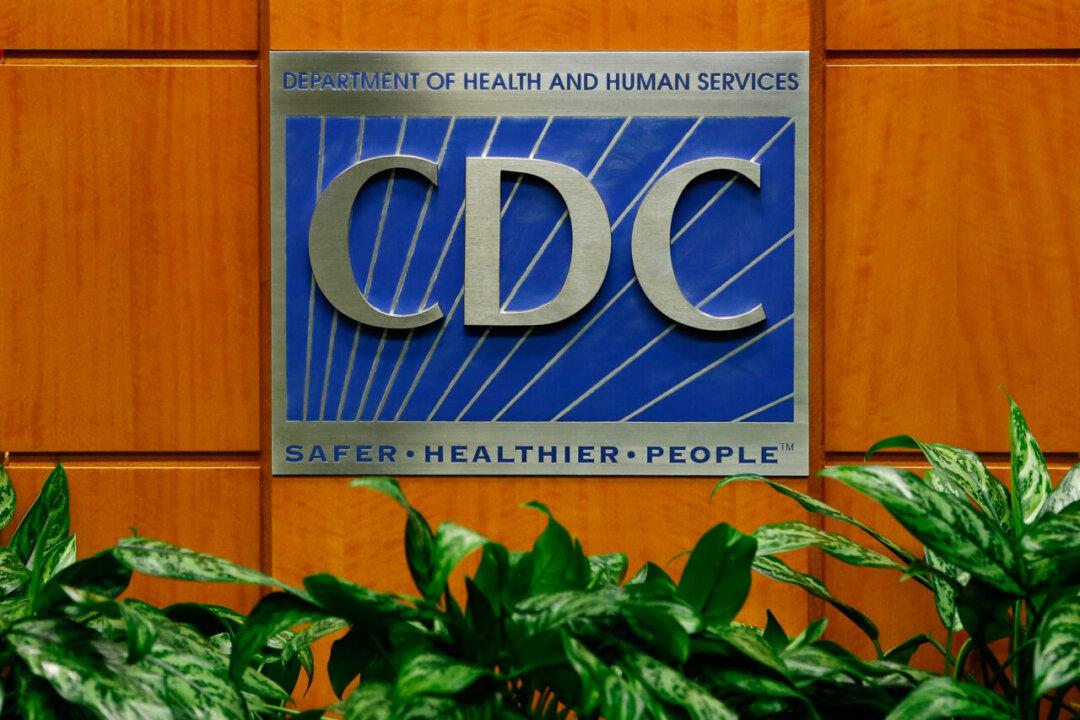A recent lawsuit to force the U.S. Centers for Disease Control and Prevention (CDC) to respond to six Freedom of Information Act (FOIA) requests has revealed that claims that several vaccines don’t cause autism have no scientific basis, vaccine watchdog groups assert.
The only study that the CDC provided that specifically examined the questions raised by the lawsuit found a possible link to autism, according to the Informed Consent Action Network (ICAN), one of the groups that filed the suit.






